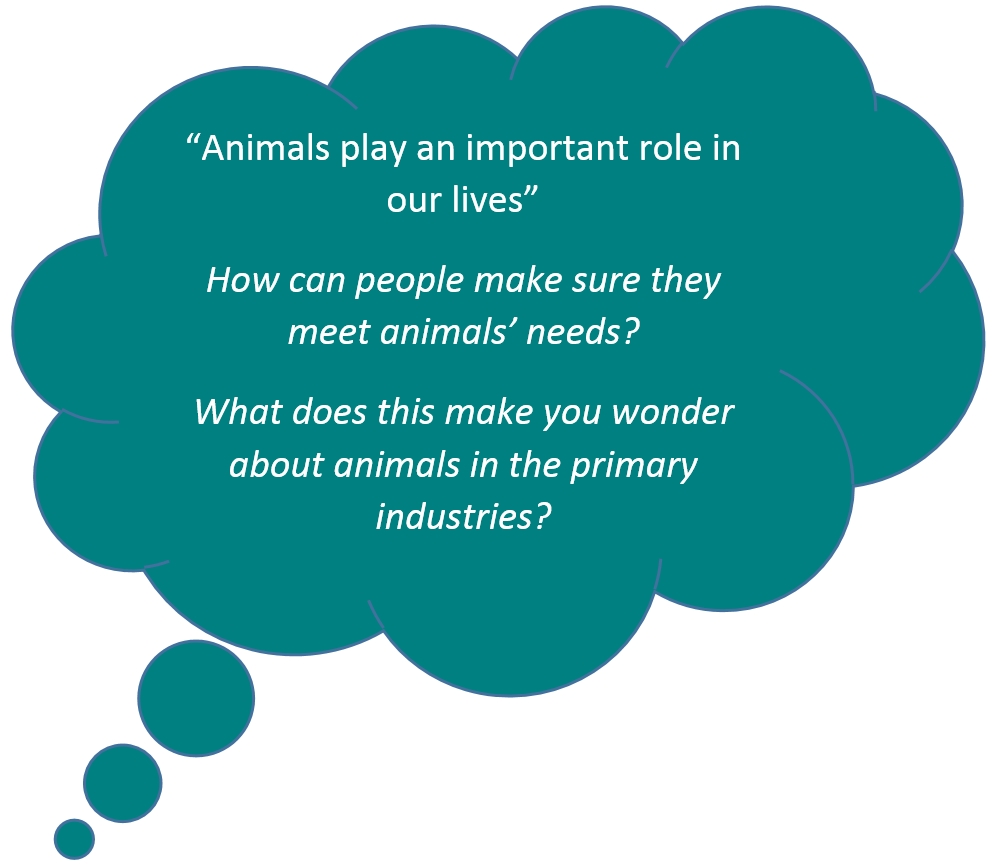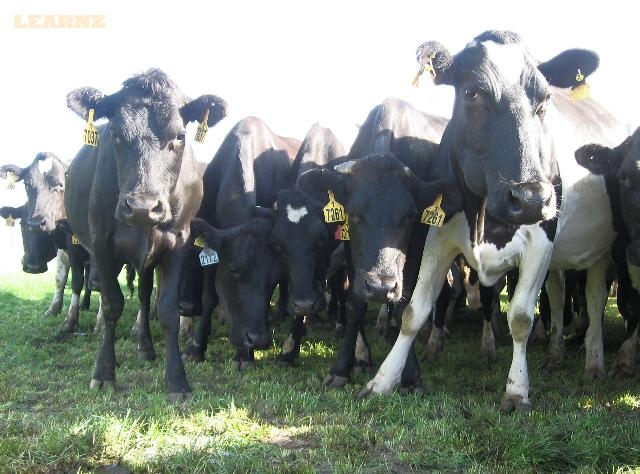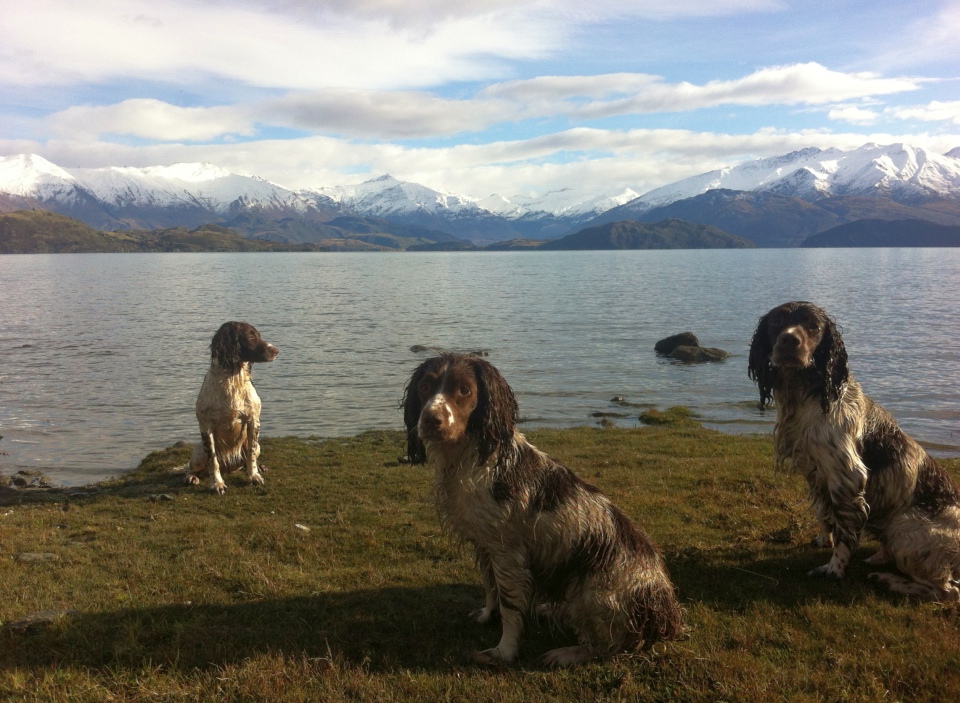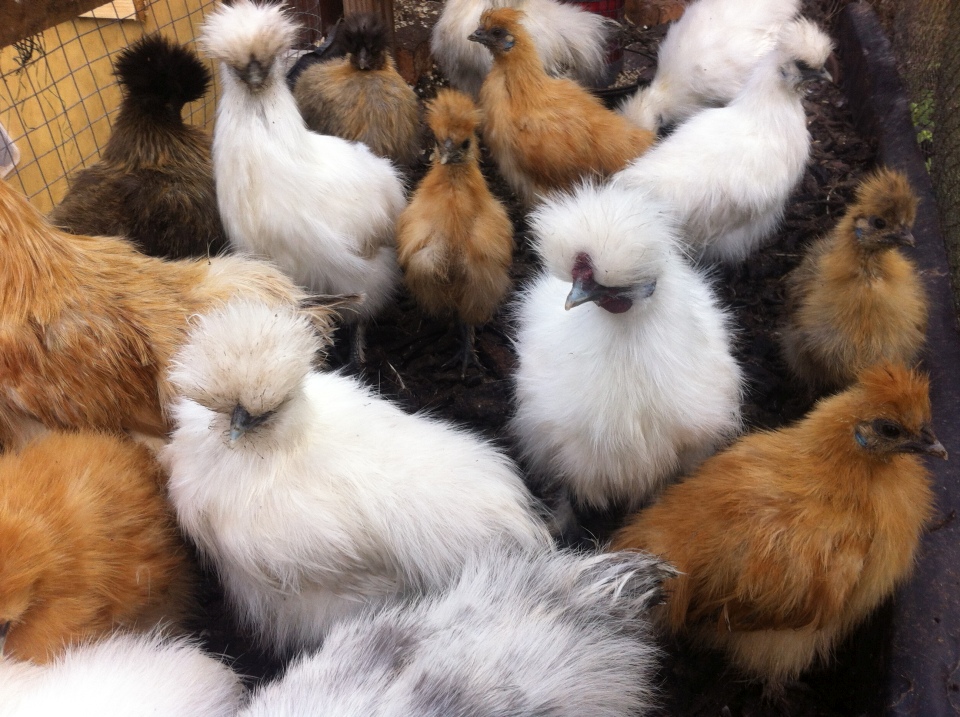Animals play an important role in our lives. Animals provide food and fibre, companionship, education, and research.
New Zealand’s animal welfare system is based on one law that covers all aspects of animal welfare – the Animal Welfare Act 1999. The Act puts responsibility on animal owners and people in charge of animals to meet their animals’ needs, and it sets offences for cruelty to animals, including wild animals.
Animal needs
A set of animal welfare standards known as the 'five freedoms' have been established. They outline what animal owners and carers must provide. They are not just things we want to do for our animals, but also things we must do to be responsible owners.
The 5 freedoms are:
- Freedom from hunger and thirst (food and water)
All animals deserve access to clean water and a well-balanced, nutritious diet. Freedom from hunger and thirst provides for animals most basic needs by allowing that animal to remain in good health and full of vitality. - Freedom from discomfort (shelter)
All animals should live in an appropriate environment. The conditions and surroundings given to an animal contribute to its overall well-being. By providing an animal with shelter and a comfortable resting area, you are ensuring that the animal remains healthy and happy. - Freedom from pain, injury, and disease (medical care)
All animals should be entitled to immediate vet attention when sick or injured to avoid unnecessary suffering. In certain cases, unnecessary pain and injury can be prevented through regular visits to a vet. - Freedom to express normal behaviour (exercise)
All animals should be allowed to express normal behaviours. A normal behaviour is the way an animal acts in its natural environment. Enough space, proper shelter, and housing as well as adequate exercise, opportunity to play and the company of the animal's own kind encourages the expression of normal behaviours. - Freedom from fear and distress (love and understanding)
All animals deserve to be happy. Ensuring conditions that avoid unnecessary stress will help to provide freedom from mental suffering. While good physical conditions are essential, appropriate mental conditions are also important to good animal welfare.
Of course, no freedom is enough in isolation and as such we must provide our animals with the 5 freedoms all the time, so they can live happy and healthy lives.
Animal Welfare Act 1999 
The 5 freedoms are also an important part of the Animal Welfare Act 1999 which is enforced by SPCA Inspectors in the community. They are often the first things inspectors look for when they visit a property after receiving an animal welfare complaint. If they find that the animals are not receiving these needs, they will try and work with the owners to help them understand their obligations, and help improve the lives of the animals.
If the situation is very serious they may need to remove the animals from the property, and in cases of abuse proceed with a prosecution.
Animals in the Primary Industries
Farmers and others involved in industries based on animal production must also follow the rules set out in the Animal Welfare Act. People are now a lot more aware of the need to care for animals and it is important for a company’s reputation to show that they treat animals responsibly.









